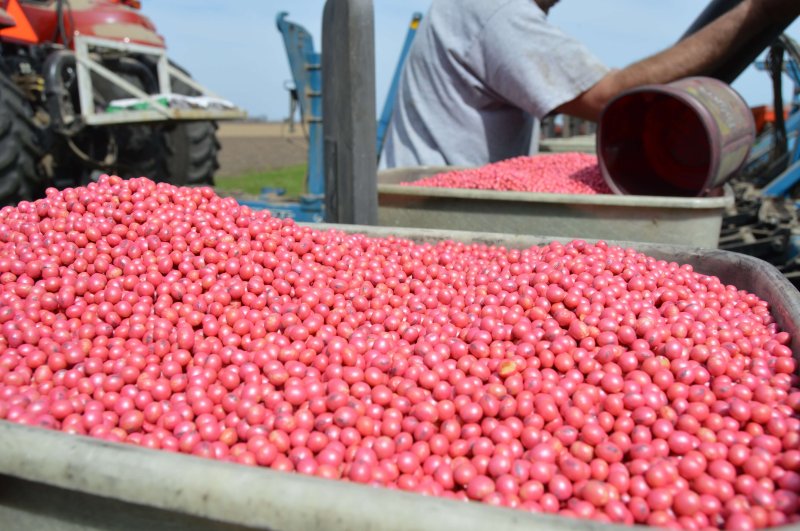EPA has reversed an Obama-era determination that seeds treated with commonly-used neonicotinoid insecticides bring little benefit to soybean production, a finding that spurred environmentalists’ calls for restrictions on neonicotinoids to protect bees, and the agency also has found that neonicotinoids aid in the production of other crops.
The agency’s Dec. 15 announcement that it is reversing the 2014 conclusion that uses of neonicotinoid-treated seeds pose little benefit appears to strike a blow to environmentalists’ long-standing push for the agency to significantly restrict or ban certain uses of neonicotinoids to reduce harms to bees.
…
EPA says that the initial assessment failed to adequately account for regional variability in pest pressure, and finds, in revised conclusions that neonicotinoid-treated seeds benefit farmers in the mid-South and the Midwest.
For example, the revised conclusions say the absence of neonicotinoid-treated seeds would reduce net revenue of soybean farmers in the mid-South $23 per acre, about 8 percent, for areas in states such as Louisiana, Mississippi, Arkansas, Tennessee and Missouri, with known high pressure from soil pests.
EPA says that switching from treated seeds to foliar applications would increase farmers’ costs in Midwestern states, including Iowa, Nebraska, Wisconsin and Illinois by roughly $17 acre or 4 percent of net operating revenue.
Read full, original post: EPA Reverses Obama-Era Finding Of Few Benefits From Neonicotinoids (behind paywall)































